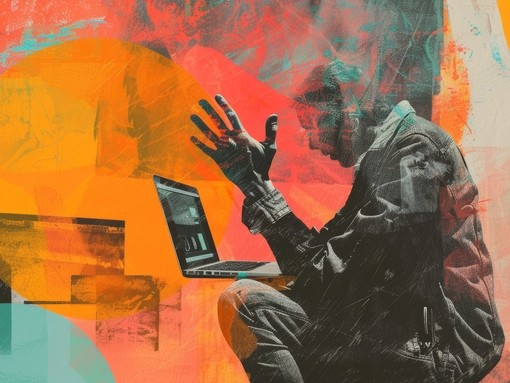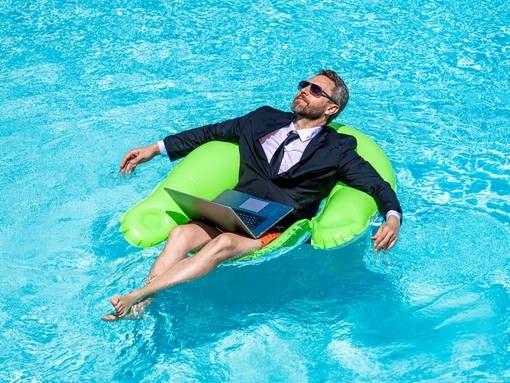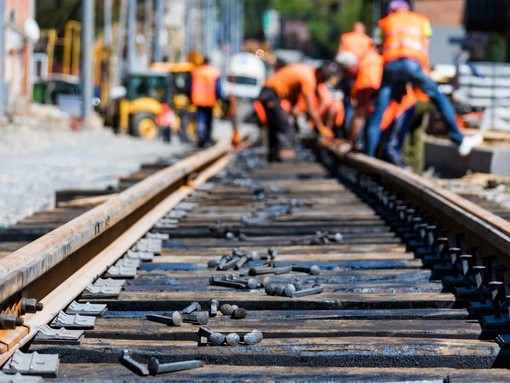
25 questions you should answer before applying for jobs as a rail engineer
You’re looking for a new challenge in the rail sector – but, like many job searchers, you may be out of practice when it comes to the interview process. We’ve compiled a list of 25 questions you should prepare answers for before applying for a rail engineering role. Each of these questions directly address the skills the interviewer will be looking for.

Challenges
Questions about challenges are hugely popular in any interview, particularly in engineering. Here your interviewer is trying to find out if you are fully equipped to be a key part of difficult projects and to see them through to completion. Make sure you detail the challenges clearly, your role and what the overall outcome was.
1) Tell me about the most challenging engineering project that you have been involved in.
2) Explain a mistake you made on a site and what that taught you.
3) Tell me about the most challenging technical proposal you’ve ever written.
Problem solving
Problem solving is necessary in any job. Usually the format will include asking about a problem you encountered on or offsite and how you combated this. Make sure you explain the effects of this.
4) Describe a time when you confronted a problem that tested your engineering knowledge.
5) Give me an example of a time when your priorities changed quickly. How did you handle it?
Safety
It’s important you can demonstrate a broad knowledge of common health and safety restrictions, especially when applying them to a project.
6) Tell me about a time when you became aware of a hazardous workplace condition. What did you do?
7) What factors would you consider in building an engineering department from scratch?
Decision-making
Interviewers want a candidate that has the confidence to make a valued decision.
8) Give me two examples of technical decisions that you had to make on your last job.
9) What step-by-step criteria do you use to make difficult decisions that involve other engineers?
Management
Can you manage a team? Here’s how they’ll find out.
9) For what advice or assistance do fellow engineers turn to you?
10) What have you done to make the work of the engineers who report to you easier?
11) Explain a time when you had to teach a skill to other engineers.
Job role
The interviewer wants to find out what your previous role encompassed and to see what you gained from the experience.
12) Describe a typical day out in the field in your last/current job.
13) What do you enjoy least about engineering?
14) How do you feel about the workload in the engineering department on your present or current job?
Discipline
Having the confidence and authority to discipline reflects your ability to manage a team.
15) Describe a time when you had to take disciplinary action with an engineer who reported to you.
16) Describe two technical contributions you would make during your first six months if we hired you.
Personal characteristics
This section is where employers find out about your qualities and aspirations to see if you are a good fit for the company.
17) What single technical skill or ability is your best asset?
18) Tell me about the last time you lost your temper on the job?
19) How do you keep from getting bored during routine engineering work?
20) How do you make sure that you don’t make mistakes?
21) What is your biggest weakness?
The Future
This final section allows employers to determine whether you would be a long-term asset to the business, as well as what your career goals may be.
22) If I offer you a position as an engineer with us, how do you plan to get off to a quick start?
23) What could you bring to this company?
24) Where do you see yourself in 5 years?
25) With that covered, there should be no reason why your interview will not be successful.
If you feel ready to take the next step, maybe as a rail engineer, check out the latest roles available in rail and transportation.
















